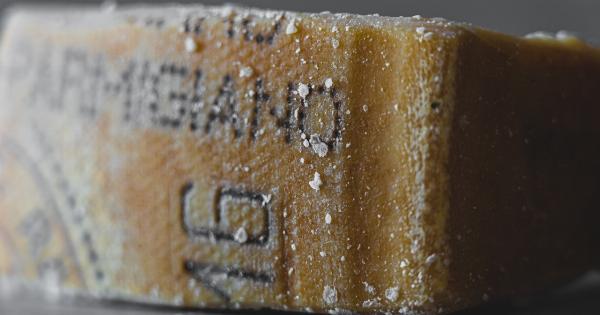Nephritis is a medical condition characterized by inflammation of the kidneys. It is often used interchangeably with the term “glomerulonephritis,” which specifically refers to inflammation of the glomeruli in the kidneys.
Nephritis can be acute or chronic and may damage the kidneys’ ability to function properly.
Causes of Nephritis
Nephritis can have various causes, including:.
- Autoimmune disorders: Conditions like lupus, vasculitis, and IgA nephropathy can trigger immune system attacks on the kidneys.
- Infections: Bacterial, viral, or parasitic infections, such as streptococcus, hepatitis, or malaria, can result in nephritis.
- Medications: Certain medications, such as nonsteroidal anti-inflammatory drugs (NSAIDs) and antibiotics, may cause an allergic reaction leading to kidney inflammation.
- Genetic predisposition: Some individuals are genetically predisposed to developing nephritis.
- High blood pressure: Long-term uncontrolled high blood pressure can damage the kidneys and lead to nephritis.
Symptoms of Nephritis
The symptoms of nephritis can vary depending on whether it is acute or chronic. Common symptoms include:.
- Hematuria: Blood in the urine is a common sign of nephritis.
- Proteinuria: Excessive protein in the urine may indicate kidney damage.
- Edema: Swelling, particularly in the legs, ankles, and face, can occur due to fluid retention.
- High blood pressure: Nephritis can cause or worsen hypertension.
- Decreased urine output: The kidneys may produce less urine than usual.
- Fatigue: Feeling tired or weak can be a result of kidney impairment.
- Abdominal pain: Some individuals may experience pain or discomfort in the abdominal region.
Diagnosing Nephritis
When nephritis is suspected, a healthcare provider may perform several tests to make a diagnosis. These tests include:.
- Urinalysis: The presence of blood, protein, or other abnormalities in the urine can help identify kidney dysfunction.
- Blood tests: Various blood tests, such as blood urea nitrogen (BUN) and creatinine levels, can assess kidney function.
- Kidney biopsy: A small tissue sample from the kidney is examined under a microscope to determine the cause of nephritis.
- Imaging tests: Ultrasounds, CT scans, or MRIs can provide clear images of the kidneys to identify any abnormalities.
Treatment Options for Nephritis
The treatment approach for nephritis depends on the underlying cause, severity, and type of the condition. Some common treatment options include:.
- Medications: Immunosuppressants like corticosteroids or cyclophosphamide may be prescribed to control the immune response and reduce inflammation.
- Diuretics: Medications that promote urine production can help relieve edema and reduce fluid retention.
- Antibiotics or antivirals: In cases where nephritis is caused by an infection, specific medications can target and eliminate the infectious agent.
- High blood pressure management: Lifestyle changes and medications may be recommended to control blood pressure and protect the kidneys.
- Dialysis: In severe cases where kidney function is significantly impaired, dialysis may be necessary to remove waste products and excess fluid from the blood.
- Kidney transplant: If nephritis progresses to end-stage renal disease, a kidney transplant may be considered as a long-term solution.
Preventing Nephritis
While not all cases of nephritis can be prevented, there are steps individuals can take to reduce their risk:.
- Maintain a healthy lifestyle: Regular exercise, a balanced diet, and avoiding smoking can promote overall kidney health.
- Manage underlying conditions: Control blood pressure, blood sugar levels, and any autoimmune disorders to lower the risk of kidney damage.
- Stay hydrated: Drink an adequate amount of water each day to support optimal kidney function.
- Be cautious with medications: Follow prescribed dosage instructions and communicate with healthcare providers if any concerning side effects arise.
- Practice good hygiene: Practice proper handwashing and safe food handling to reduce the risk of infections that can lead to nephritis.
Conclusion
Nephritis is a condition characterized by inflammation of the kidneys, which can result in various symptoms and complications. Understanding the causes, identifying the symptoms, and seeking appropriate treatment can help manage nephritis effectively.
It is crucial to consult healthcare professionals for a proper diagnosis and personalized treatment plan to mitigate kidney damage and improve overall quality of life.






























